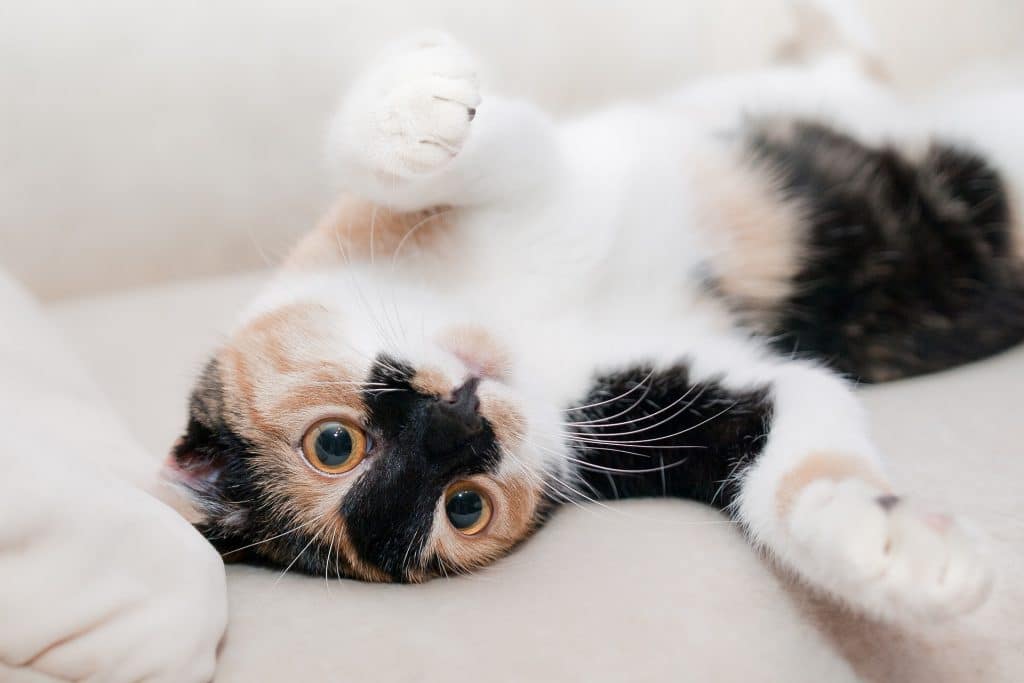My cat is farting
If your cat has occasional flatulence, then this is not a cause for concern. However, if flatulence becomes frequent and/or is associated with other symptoms (abdominal pain, diarrhea...), it is important to look into the cause. We suggest you learn more about the possible causes and the steps to take in case of flatulence.
Why does my cat have flatulence?
Flatulence is caused by the accumulation of gas in the intestines. Gas comes from digestive fermentation.
The production of gas in the intestines is part of the normal process of digesting food, but there are certain foods and diseases that will lead to excessive gas production.
Here are some causes of flatulence in cats:
- Digestive parasites: worms can be of two types, roundworms and flatworms (tapeworms). They can be responsible for digestive disorders and in particular flatulence, diarrhea, etc... A regular deworming is important.
- Enteritis (inflammation of the digestive tract) which can be of infectious or inflammatory origin...
- Consumption of food that is not easily digestible (food containing peas for example, dairy products...).
- An ingestion of too much food.
- A food intolerance or allergy.
- A slowing down of the transit: constipation, obesity, sedentary lifestyle, old age...
What should I do if my cat has flatulence?
If your cat has frequent flatulence and/or if you observe other symptoms (abdominal pain, diarrhea, constipation, loss of appetite...) then it is advisable to consult a veterinarian. He will be able to examine your cat and determine the cause of the disorder. An adapted treatment can be set up.
During digestive disorders, the animal's diet is sometimes changed. There are foods specially designed for cats with sensitive digestive systems. It is also sometimes necessary to introduce a hyperdigestible or hypoallergenic therapeutic food (on prescription of the treating veterinarian).
It may also be useful to give your pet a food supplement containing probiotics and prebiotics to support the digestive flora and promote good digestion.
It is important to know that the digestive flora of cats is sensitive to sudden changes in diet: dietary variations should therefore be avoided. It is also important to make a dietary transition for at least 10 days after any change of food.
It is recommended to deworm kittens every month until they are 6 months old. Then, it will be done every three months. Your veterinarian will be able to recommend the most suitable dewormer for your cat.
Finally, it is advisable to stimulate the physical activity of cats and to monitor their weight: a diet is recommended in case of overweight.

